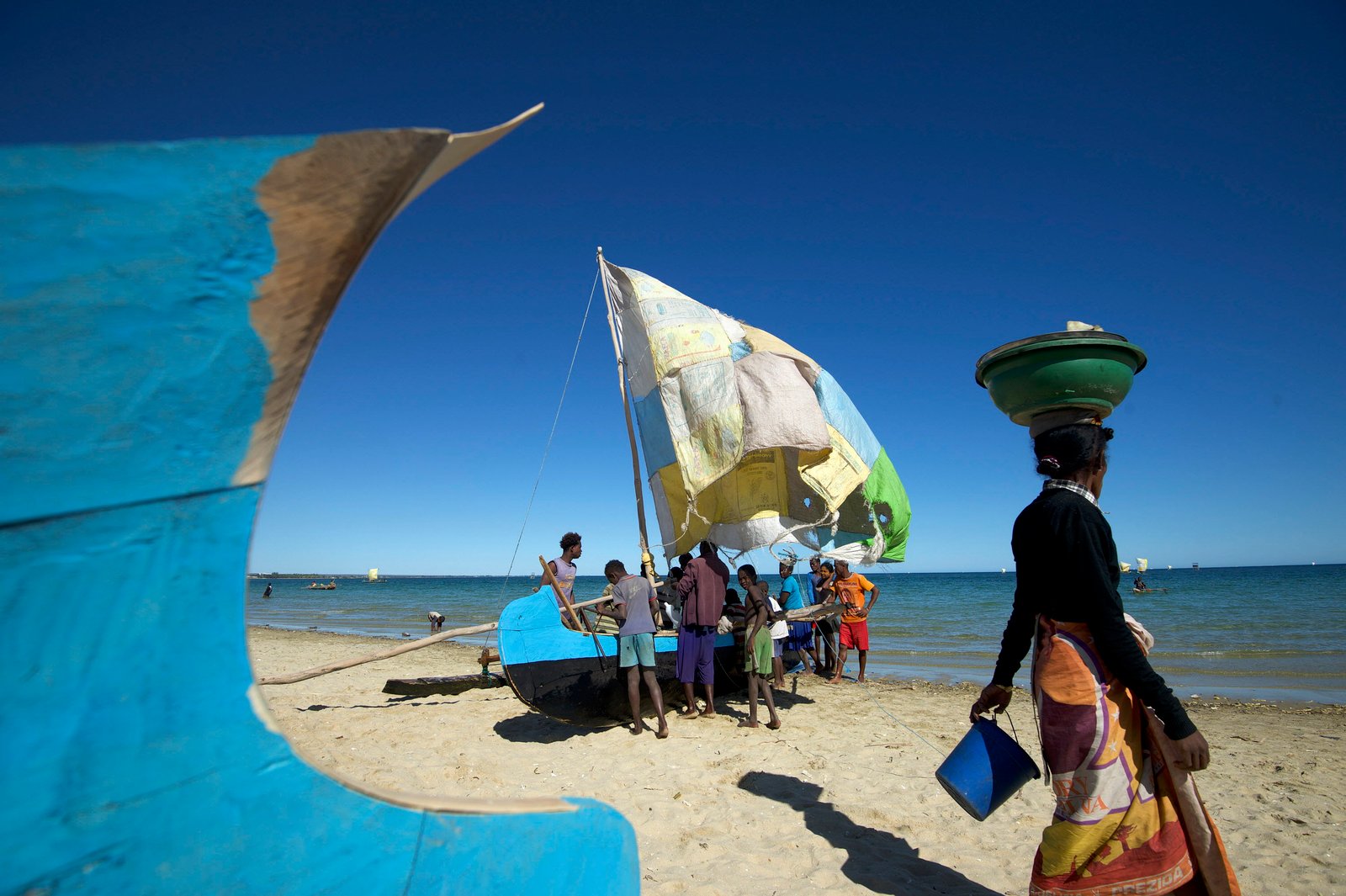Sunday, 15 February 2026

International Year of Artisanal Fisheries and Aquaculture closes with many concrete results
The Food and Agriculture Organisation of the United Nations (FAO) marked the close of a global year-long campaign focused on small-scale artisanal fishers, fish farmers and fish workers, underlining the need to keep the momentum going.
With over 260 events held in 68 countries, the International Year of Artisanal Fisheries and Aquaculture 2022 (IYAFA), “celebrated the millions of people working in small-scale artisanal fisheries and aquaculture – including some 45 million women small-scale fishers – who produce 40 per cent of all the fish we eat,” QU Dongyu, FAO Director-General said at the closing ceremony, adding: “They are stewards of valuable ecosystems, and of longstanding traditions and cultures.”
Mainly carried out by families, sometimes with a handful of workers, small-scale artisanal fisheries and aquaculture (or fish and seafood farming) add up to a massive subsector. Small-scale fisheries provide livelihoods for nearly half a billion people globally – 95 per cent of them operating in the global south.
Yet the workforce includes some of the communities most vulnerable to environmental degradation, biodiversity loss, climate impacts and economic shocks, as they contribute to the management of aquatic resources in the world’s oceans, rivers and lakes.
To raise awareness of their role, the FAO-led campaign, supported by a wide array of partners, helped forge and strengthen partnerships among small-scale artisanal fisheries and aquaculture workers and other stakeholders. Examples of this are the Ibero-American Network for Small-Scale Artisanal Fishing (RIPAPE) and the Maghreb and North African Platform for Artisanal Fishery.
An important body of new research carried out during IYAFA 2022 has added to our knowledge about sustainable small-scale fisheries, including the recently launched Illuminating Hidden Harvests report, by FAO, Duke University and World Fish, which investigates the contributions of small-scale fisheries to sustainable development.
The IYAFA 2022 Final Report highlights the significant number of declarations, calls to action and statements made by partners, at national, regional and global levels, as well as provide recommendations to further support the subsector. These include the areas of environmental, social and economic sustainability, governance, gender equality and equity, food security and nutrition, resilience and youth participation.
All these recommendations are aligned with the Sustainable Development Goals and FAO’s aspiration of the 4 Betters – Better Production, Better Nutrition, a Better Environment, and a Better Life, leaving no one behind. This is supported by FAO’s Blue Transformation vision to change the way the world manages, uses and conserves its aquatic resources to end hunger and poverty.
Although IYAFA 2022 is ending, “it should not be the end, but a new beginning where we continue to amplify the voices of small-scale artisanal fishers and support the development of inclusive small-scale artisanal fisheries and aquaculture national plans and strategies,” the FAO Director-General said.